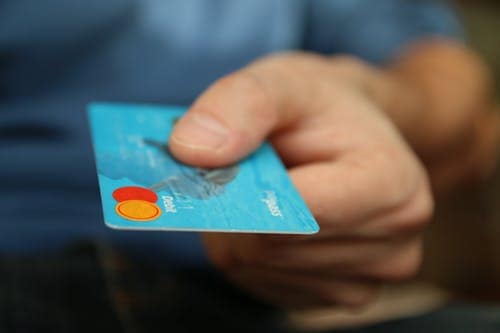Is using cards over cash helping prevent the spread of COVID-19?
Published May 21, 2020 at 11:01 pm

Due to the pandemic, many shoppers have eschewed making purchases using cash, but is it for a legitimate reason?
Many Canadians believe using cash is a surefire way to help spread COVID-19, but the Canadian Association of Secured Transportation (CAST) believes this is a misconception.
In an open letter from CAST, the organization cites a study from LendEDU, a company that helps consumers learn about financial products, which found that credit/debit cards can be just as, if not more, dirty than cash.
According to the findings—41 credit/debit cards, 27 bills, and 12 coins were used—credit/debit cards had the highest average number of germs.
On average, credit/debit cards had 285 germs on their surfaces, which was nearly double the average number for both bills and coins, which was 148.
Further, CAST points out that eliminating the use of cash has a negative impact on already vulnerable members of society, particularly homeless people, who depend on donations from those more fortunate; the elderly, who may be uncomfortable using technology; those with poor credit, who may not be able to get a credit card; and coin drives for charity, such as poppies for veterans, daffodils for CF, change at Christmas for the Salvation Army.
In their letter, CAST included a quote from Fabio Panetta, a member of the executive board of the European Central Bank, who said: “Adequate availability of cash is crucial for the functioning of the economy…[cash] remains the dominant means of payment for consumers, and is of fundamental importance for the inclusion of socially vulnerable citizens, such as elderly or lower-income groups… Overall, banknotes do not represent a particularly significant risk of infection compared with other kinds of surface that people come into contact within daily life.”
Moreover, CAST emphasizes that the best way to help prevent the spread of the virus is for individuals to frequently wash their hands, wipe down both cards and cash with appropriate disinfectants, and avoid touching their faces.
INsauga's Editorial Standards and Policies


